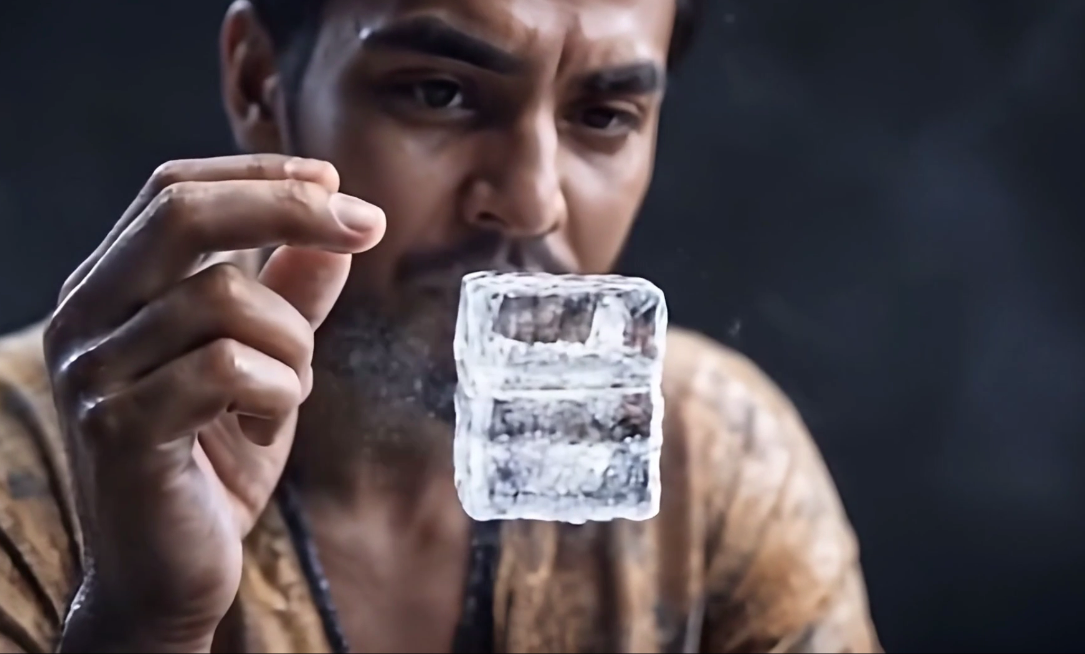Ice cube cravings, known as pagophagia, fall under a broader condition called pica, which involves the craving and consumption of non-food substances.
While it may seem harmless, persistent cravings to chew ice can often be a symptom of underlying health issues, most notably iron deficiency anemia.
WATCH VIDEO
Key Causes and Associations:
- Iron Deficiency Anemia: The most common reason for pagophagia is a lack of iron. People with anemia often crave ice, as it can provide a cooling and soothing sensation in the mouth, which may help relieve oral inflammation or mouth pain that can sometimes accompany anemia. Though the exact mechanism isn’t fully understood, studies suggest that chewing ice could increase alertness in people with anemia by improving blood flow to the brain.
- Nutritional Deficiencies: In addition to iron deficiency, other nutrient deficits, such as low levels of zinc or calcium, may trigger unusual cravings like ice. These deficiencies lead to a variety of symptoms, and pica (including ice cravings) is one manifestation of the body signaling its need for essential nutrients.
- Dehydration: Sometimes, people crave ice simply because they are thirsty or dehydrated. Ice offers immediate relief and hydration, especially in hot climates or after physical exertion.
- Behavioral and Psychological Factors: Pagophagia can also be linked to behavioral issues or psychological conditions like obsessive-compulsive disorder (OCD) or stress. For some people, chewing ice becomes a habit or a way to manage anxiety or stress, offering a repetitive, soothing action.
- Temperature Regulation: Chewing ice may help regulate body temperature in hot weather or relieve symptoms of dry mouth. People may find themselves craving ice cubes to cool down or to combat thirst, even if dehydration isn’t present.
- Dental Impact: While chewing ice may offer temporary relief or pleasure, it can have negative long-term consequences on dental health. Ice chewing can lead to damaged tooth enamel, cracked or chipped teeth, and increased sensitivity.
Treatment:
The treatment for pagophagia depends on addressing the underlying cause. If iron deficiency is the root problem, iron supplements or iron-rich foods (like leafy greens, red meat, and legumes) can help resolve both the deficiency and the craving for ice.

It’s important to consult a healthcare provider for proper diagnosis and treatment.
If the cravings are due to dehydration, increasing water intake can solve the issue. For those whose ice cravings are linked to behavioral factors or stress, therapy or behavioral interventions may help manage the habit.
When to Seek Help:
While occasional ice cravings may not be concerning, persistent and strong cravings that interfere with daily life could indicate a health issue. Consulting a healthcare professional for blood tests, particularly to check iron levels, is recommended if you have ongoing ice cravings.
Understanding and treating the underlying cause is essential, as simply stopping the behavior doesn’t address the root issue, especially when linked to nutritional deficiencies.


